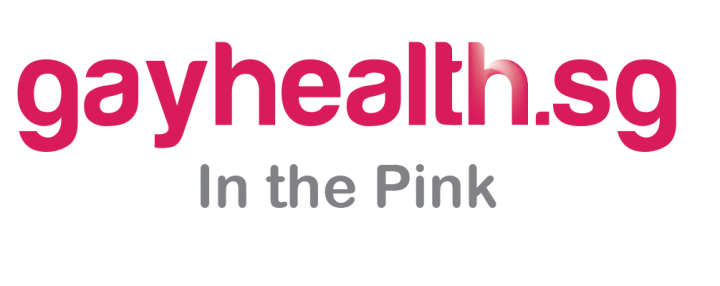Background: Men who have Sex with Men (MSM) in Singapore are disproportionately represented in the proportion of prevailing HIV infections, relative to the general population. However, there exists a paucity of research on the psychosocial dimensions of the HIV/AIDS epidemic amongst MSM in non-Western settings such as Singapore due to the criminalization of gay sex and prevailing homosexual stigma. The present study addresses this gap by investigating the significant demographic and psychosocial correlates of HIV/AIDS discrimination amongst MSM. The results will serve to highlight psychosocial barriers to the reduction of HIV/AIDS discrimination against People Living with HIV/AIDS (PLWHA) which is associated with poor antiretroviral adherence, increased risky sexual behaviors, and poor mental well-being when internalized.
Methods: 164 responses from self-identified MSM were obtained through purposive and convenience sampling methods by employing a web-based survey disseminated by two voluntary welfare organizations. Surveys were self-administered and responses were anonymized to protect participants from possible legal repercussions in Singapore, where gay sex is criminalized. The survey sought to measure discrimination against PLWHA, and its association with internalized homophobia, HIV/AIDS personal responsibility beliefs (HAPRB) and HIV knowledge. An ordinary least squares regression model, using a sequential modelling approach, was employed for analysis.
Results: Results indicate that internalized homophobia is positively associated with discrimination against PLWHA. Age and living in private housing are negatively associated with internalized homophobia. Personal income, perception of strong community support, and having no religion are positively associated with HIV knowledge. Being HIV-positive and personal income are positively associated with HAPRB, while having no religion or perceiving strong community support are negatively associated with HAPRB. Internalized homophobia also mediates the relationship between HAPRB and discrimination against PLWHA [Mediated Effect = .24, SE = .11, 95% CI = .03, .46]. This study validates a 13-item internalized homophobia scale (Cronbach”s alpha = .86), and a 3-item discrimination against PLWHA scale (Cronbach”s alpha = .79) amongst Singaporean MSM.
Conclusions: Community-based interventions in settings of prevailing institutionalized homophobia should recognize internalized homophobia as a barrier to the effectiveness of programs targeted at reducing HIV/AIDS discrimination amongst MSM, which in turn has wider implications for HIV prevention efforts.

 Perspectives on PrEP – IAS 2017 E Poster
Perspectives on PrEP – IAS 2017 E Poster

